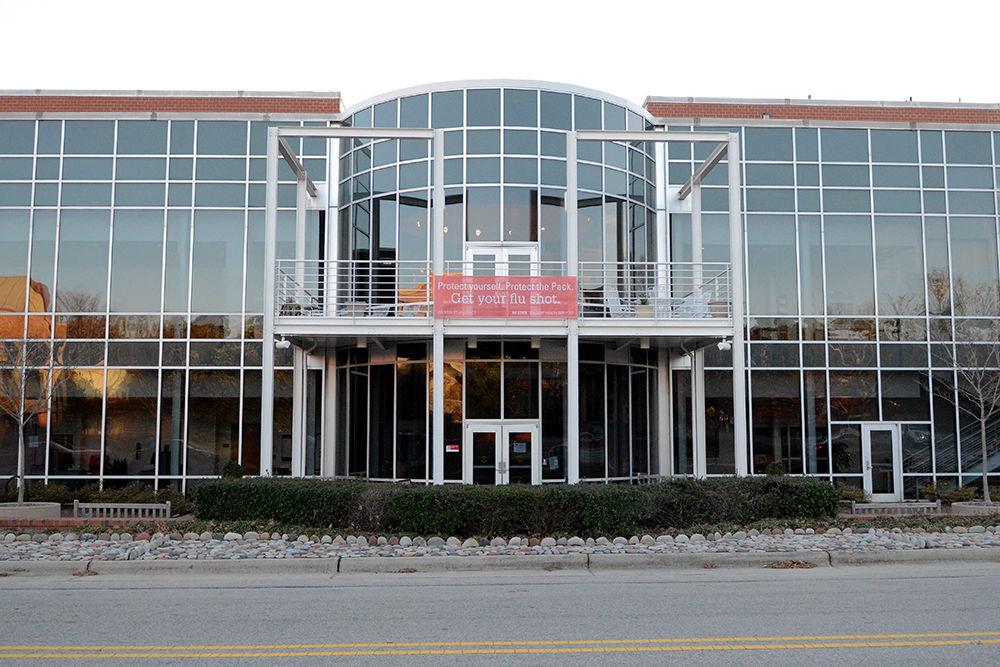Returning to campus after winter break can cause some students to suffer from several problems resulting from the transition of coming back to campus, winter weather and shorter daylight hours. From a lack of social connections to seasonal depression, there are many factors that can contribute to a second semester slump.
Ronni Margolin, an on-campus clinical psychologist at the NC State Counseling Center, notices a change in social group dynamics between first and second semester for many students.
“Over those months of fall semester, [students] begin to realize they don’t have that much in common with the people they got close to really quickly,” Margolin said. “There’s a resorting of social connections that begins to happen around [the spring semester].”
In addition to the shifting of friend groups, Margolin acknowledges the environmental aspects of adjusting to second semester and how they can contribute to Seasonal Affective Disorder (SAD).
“There’s also a seasonal affect; the fact that it’s not light out for so many more hours really does affect people’s moods,” Margolin said. “Making sure you wake up at the same time every day and turning the lights up bright early on helps some with seasonal kinds of issues.”
Dara O’Sullivan, an on-campus clinical social worker, credits the high level of excitement of first-semester with causing the slump of second semester.
“After a semester or two, some of the novelty of college wears off a little bit, and routine really sets in,” O’Sullivan said. “With any routine, once the novelty wears off a little bit, [it is important to] try to keep doing new things whether that’s a new organization or meeting new people. That really helps with routine and feeling like you are stuck.”
Sarah Estridge, a first-year studying biochemistry, has been a victim of this feeling of being stuck in a rut.
“I think with second semester, you’re less motivated, so waking up in the morning or trying to get yourself to do the work is difficult,” Estridge said.
Estridge has methods she uses to overcome her lack of motivation.
“I try and get together with groups of people or set deadlines for myself,” Estridge said.
Tyler Warlow, a first-year studying nuclear engineering and paper science engineering, said that during second semester the importance of finding a niche increases.
“[There is] more pressure to become involved because you start seeing the impact that it can have not only on your academics, but also in your community,” Warlow said.
Warlow also said there is a balancing act causing this heightened pressure.
“You have all your friends here, and that’s great, but you also have to worry about all the work you have to do, so it’s a little harder to juggle all of that,” Warlow said.
According to O’Sullivan, bottling up struggles can result in issues becoming more demanding and difficult to overcome, so it is important to ask for help.
The Counseling Center is located on the second floor of the Student Health Center at 2815 Cates Avenue. Students can find out more about the center’s services on the Counseling Center’s website.








